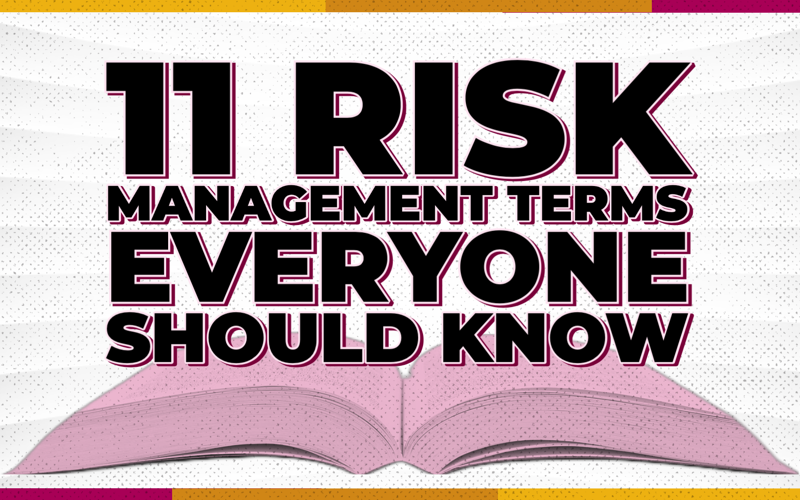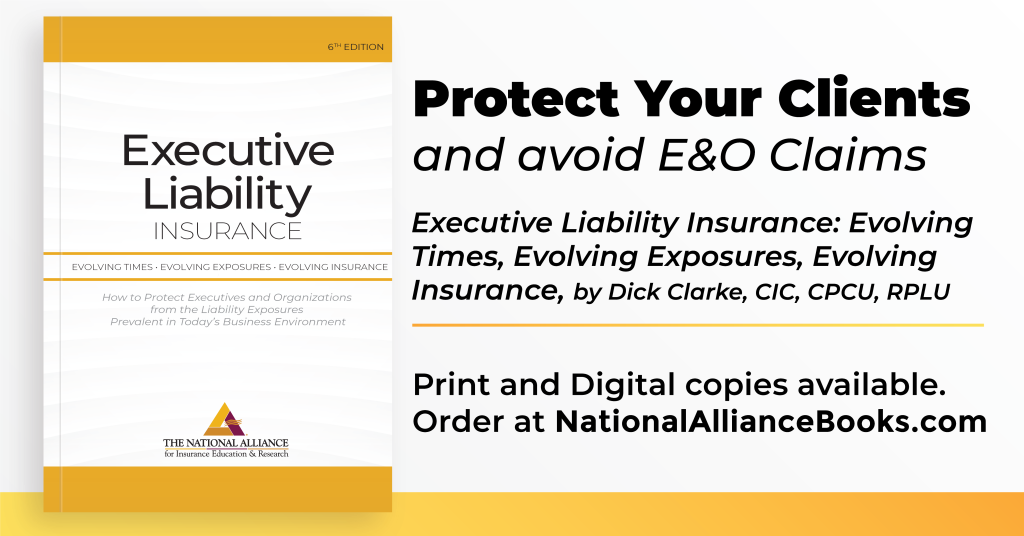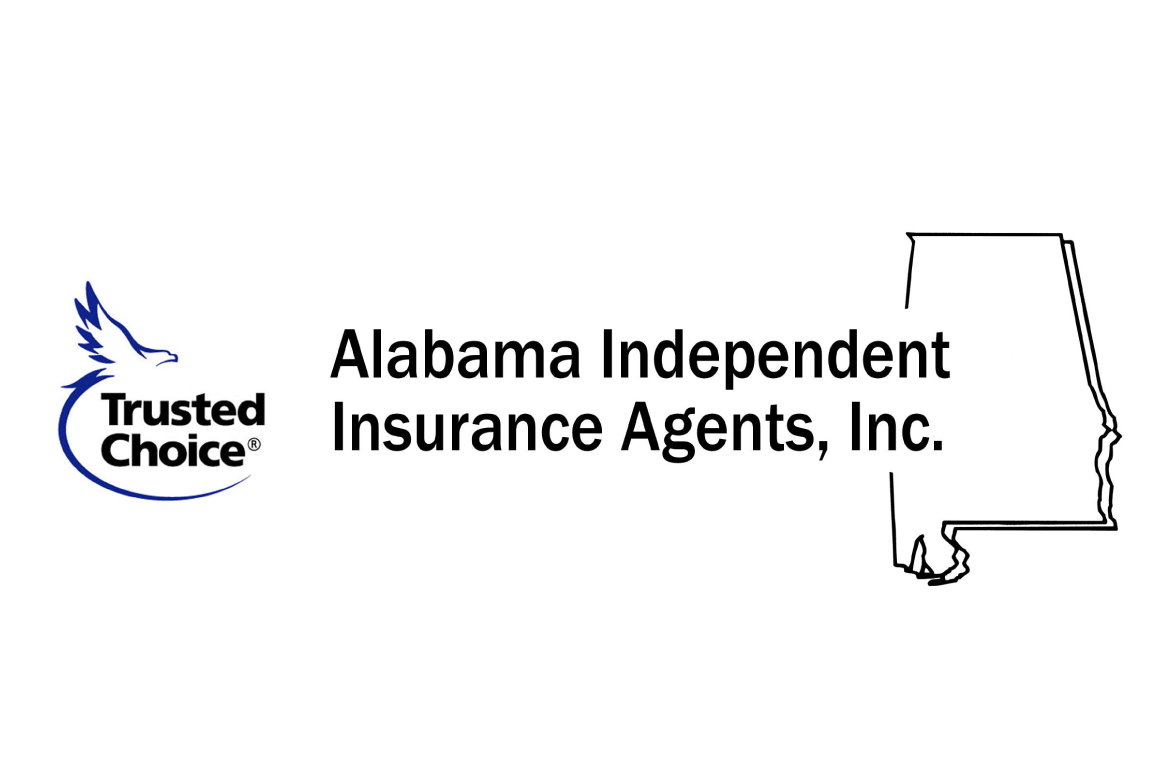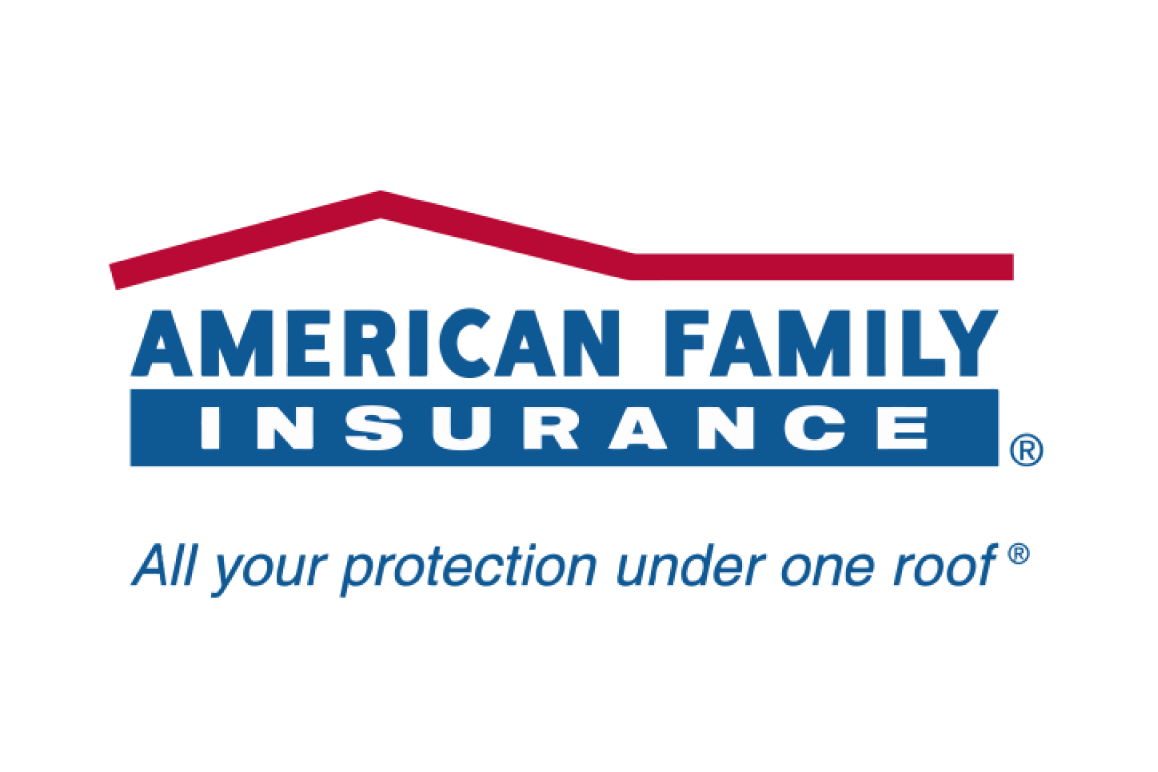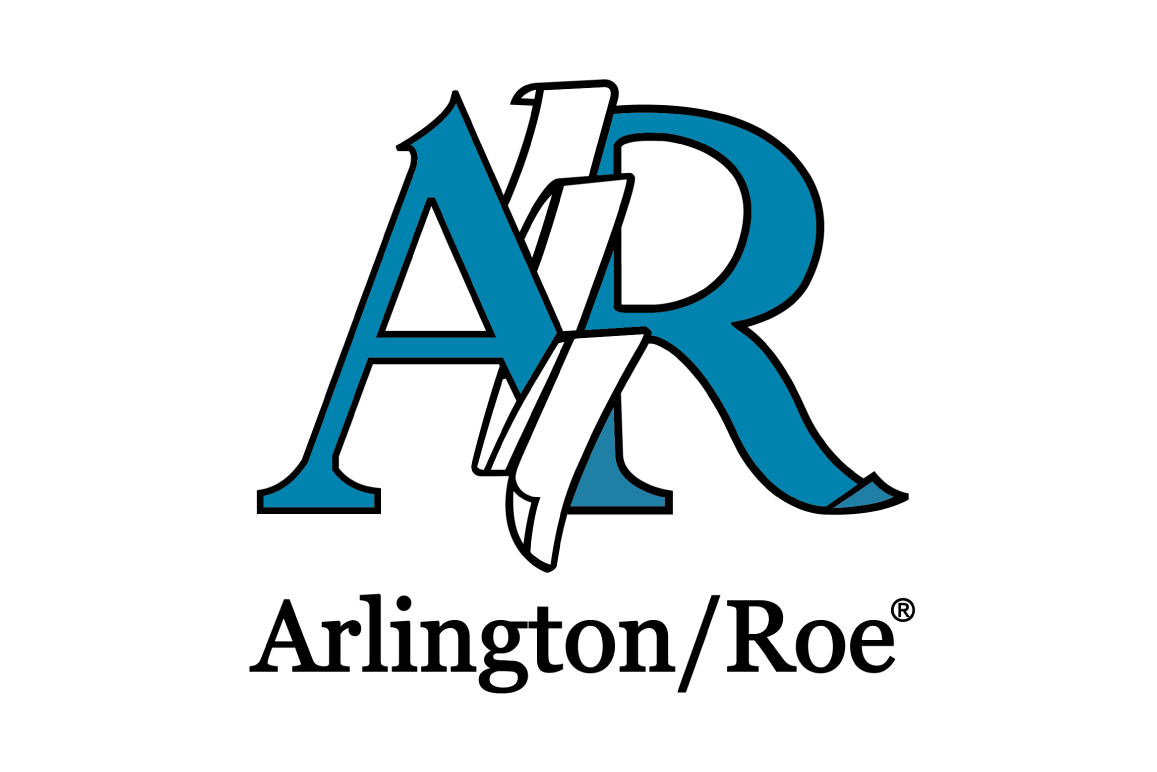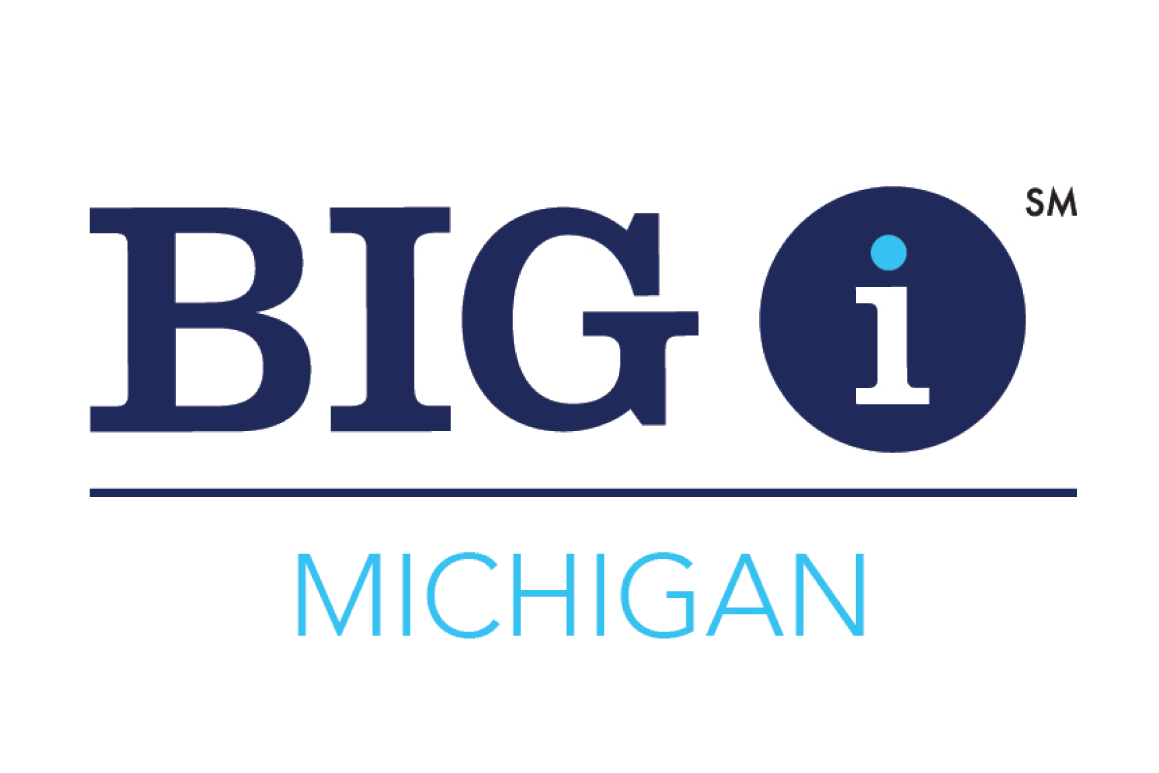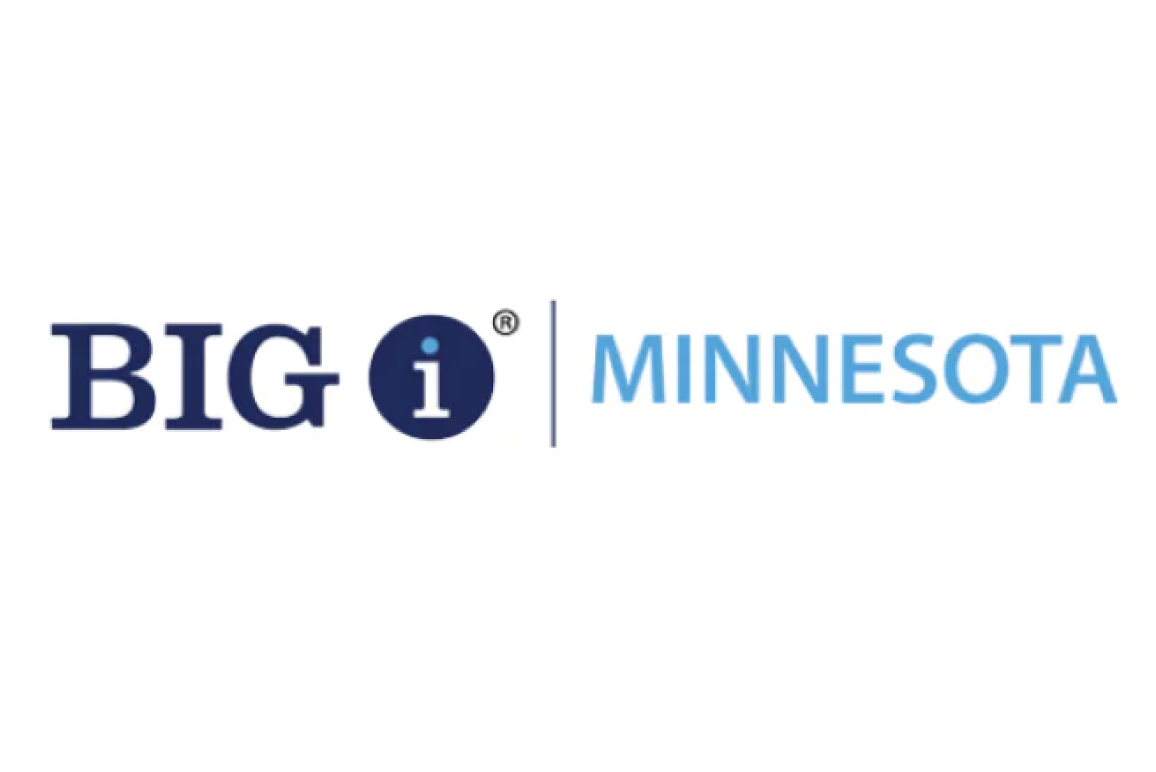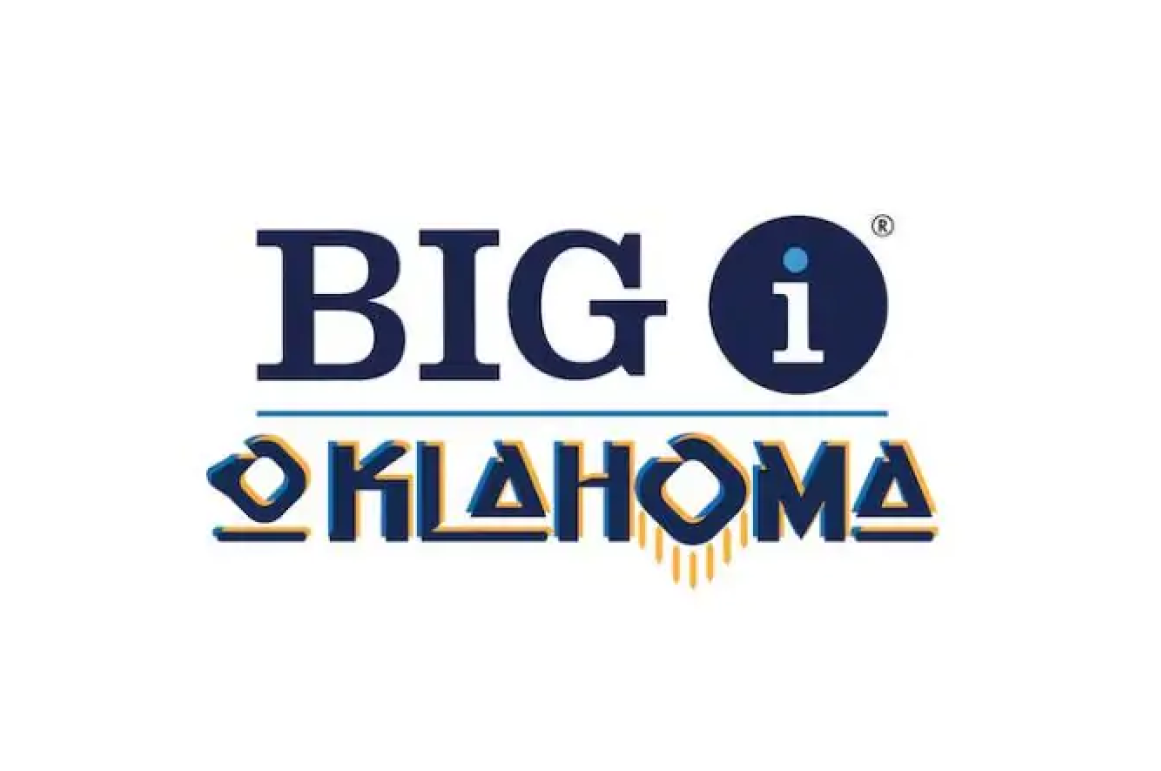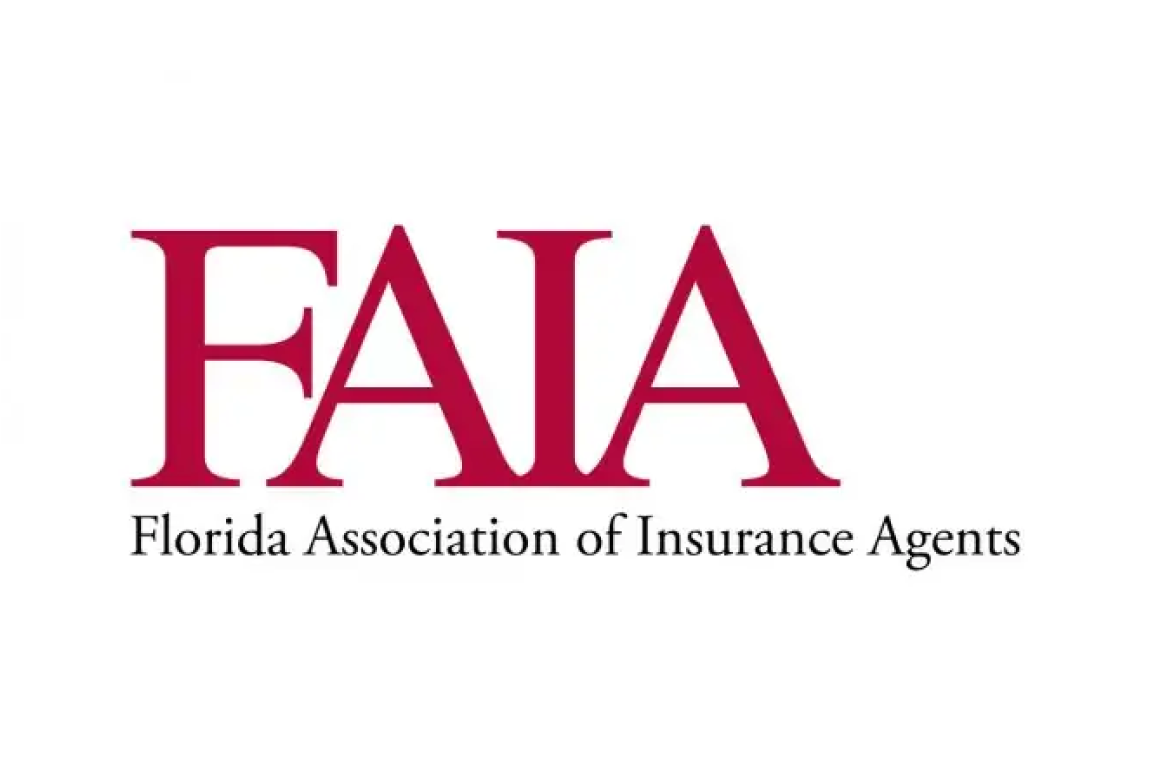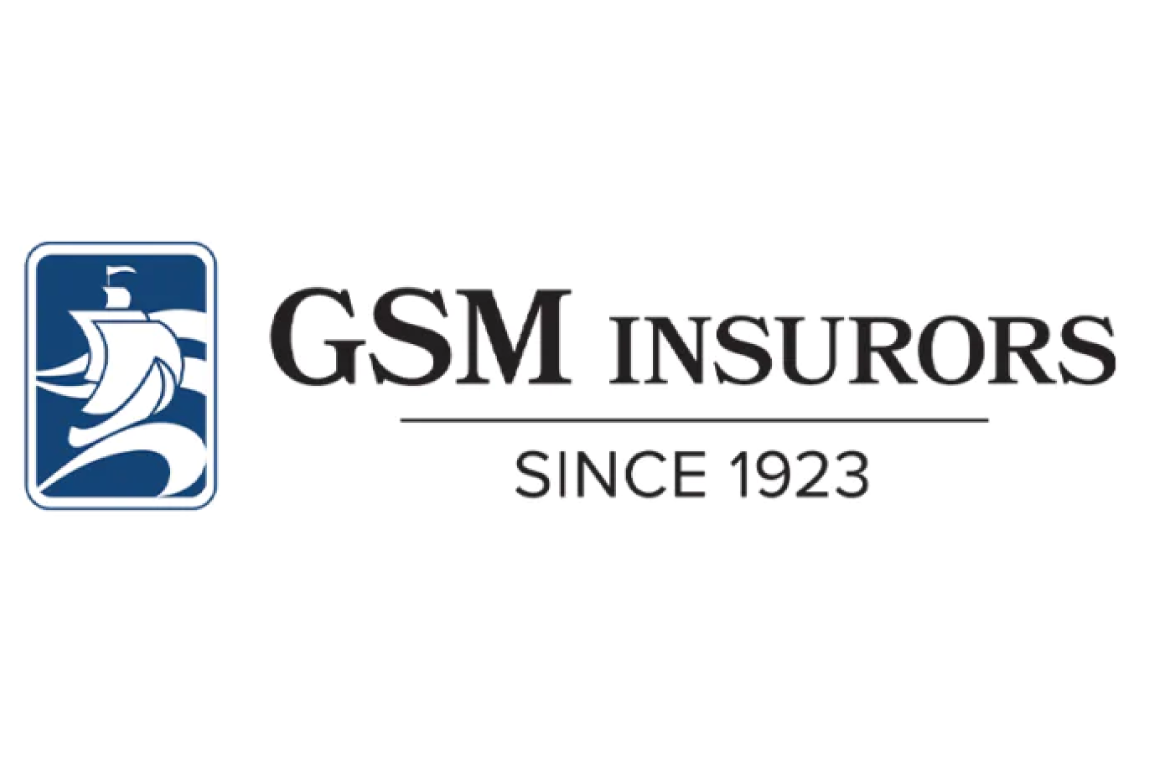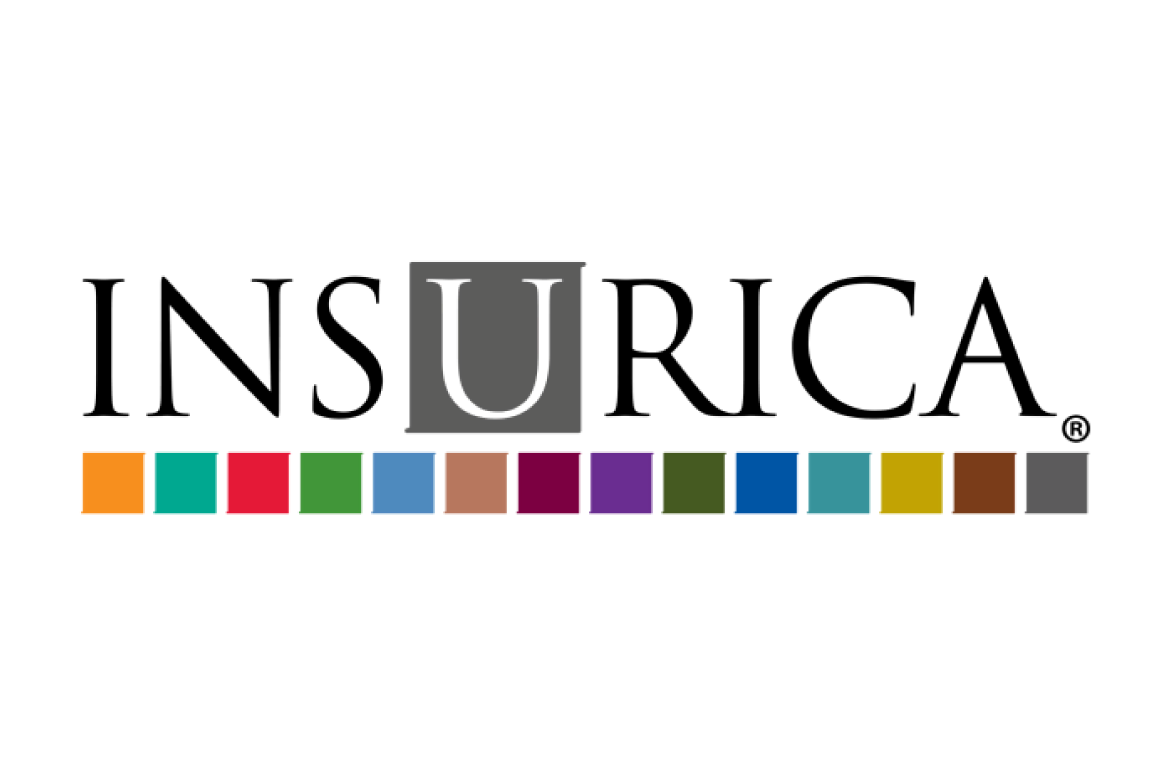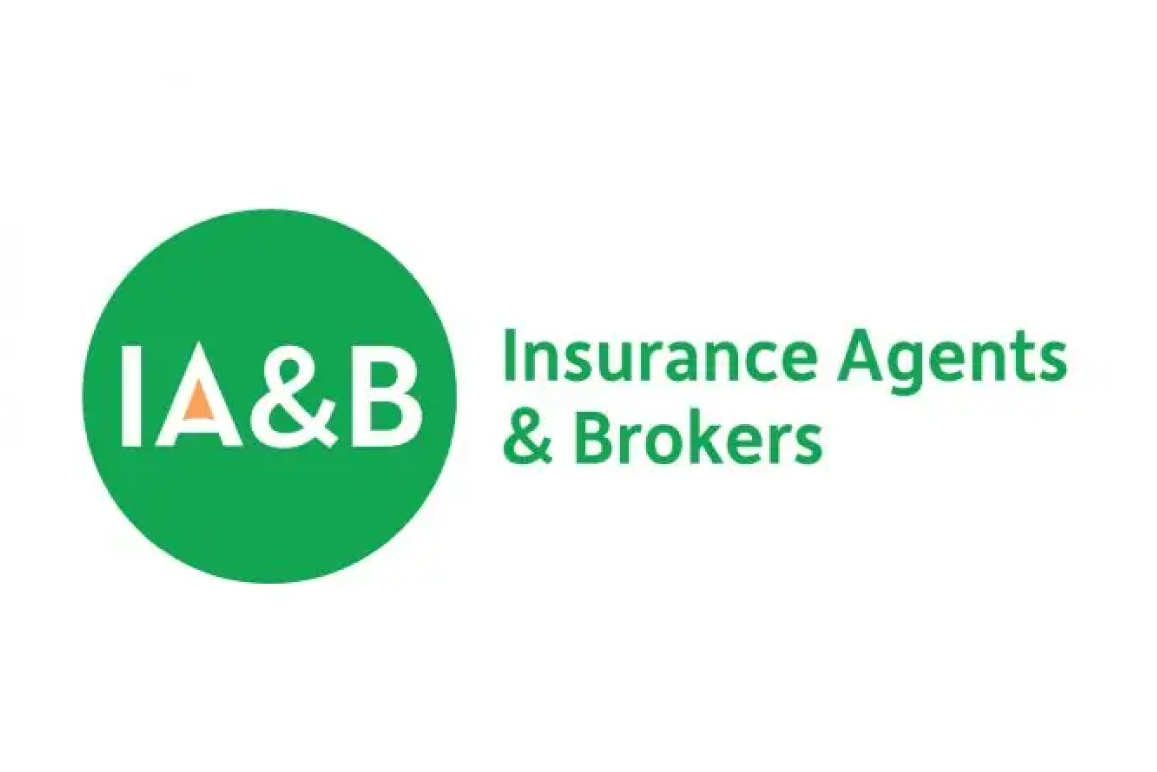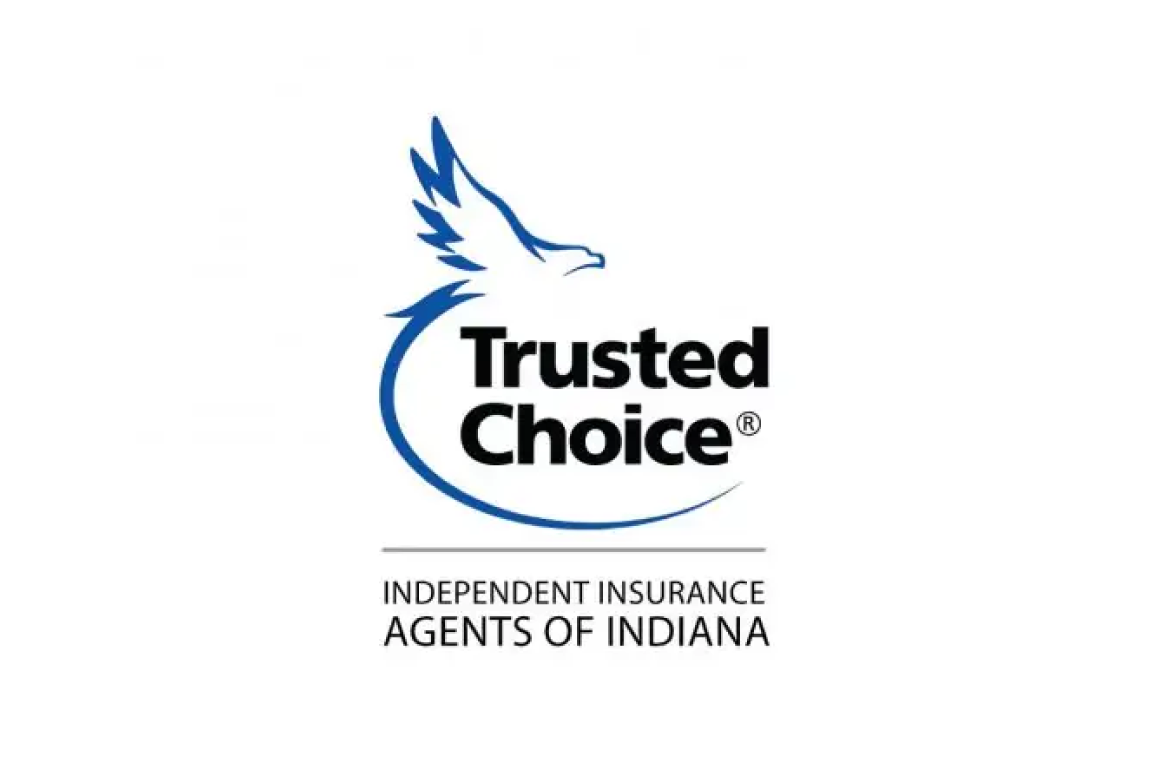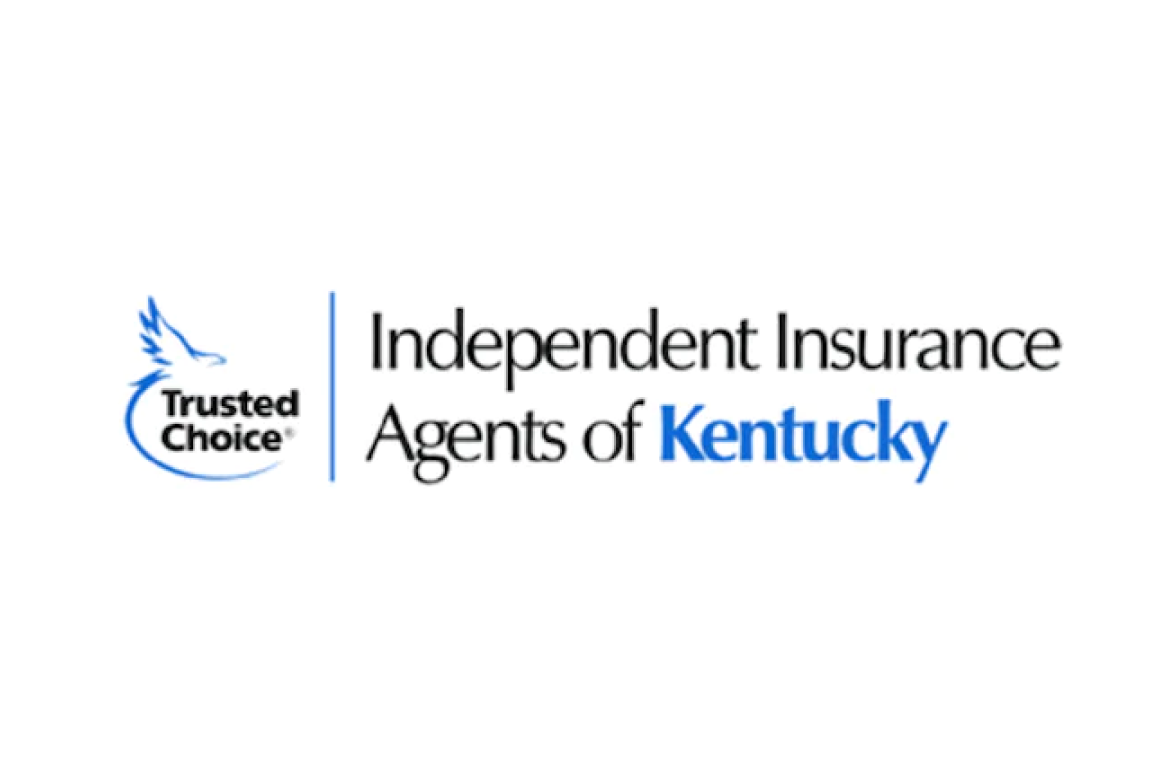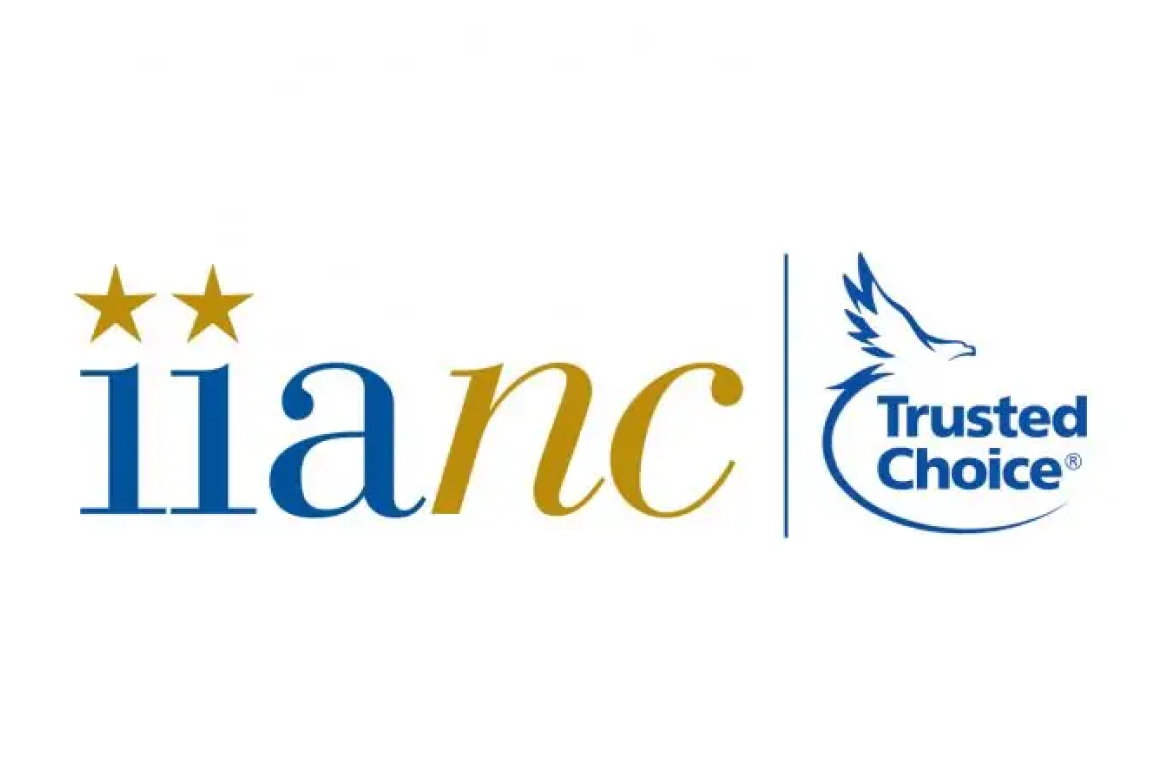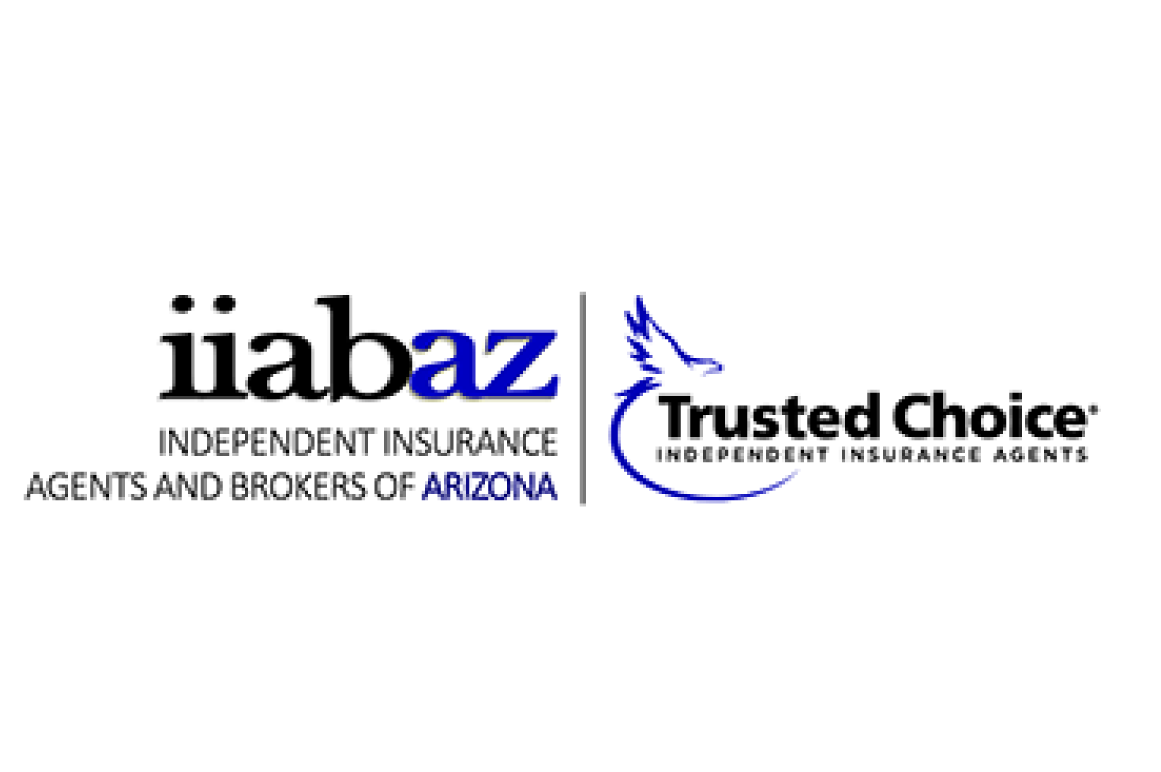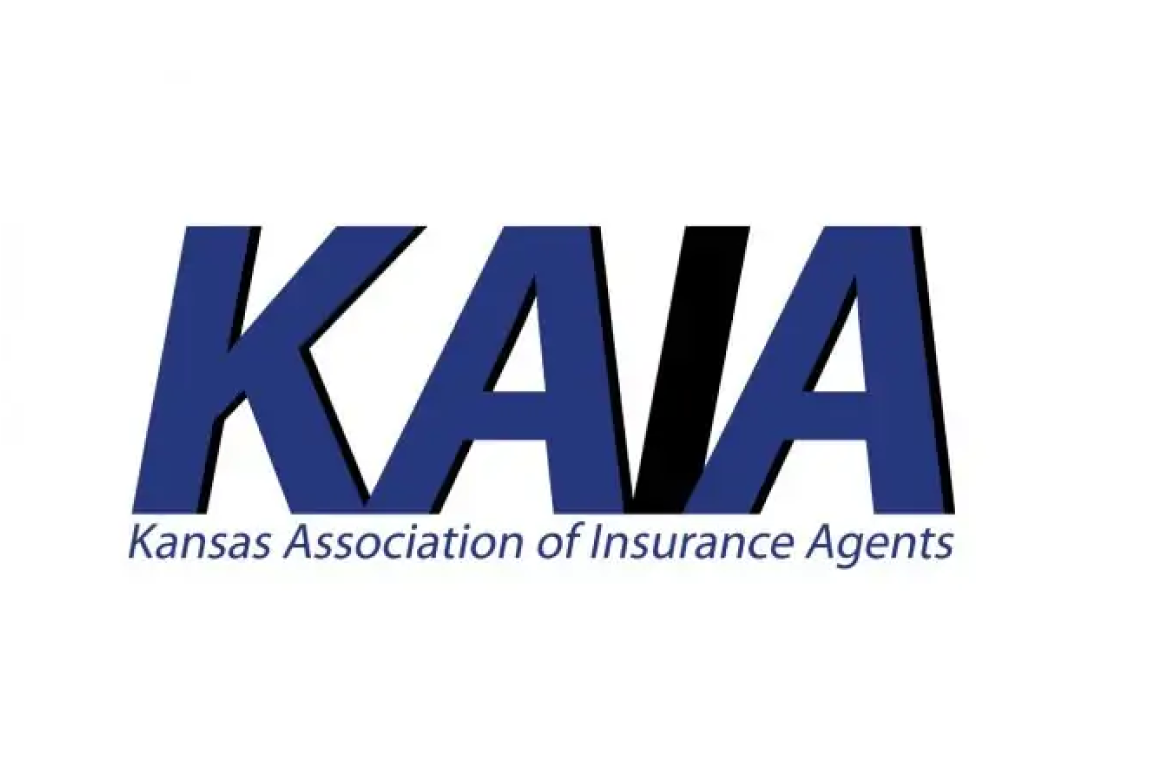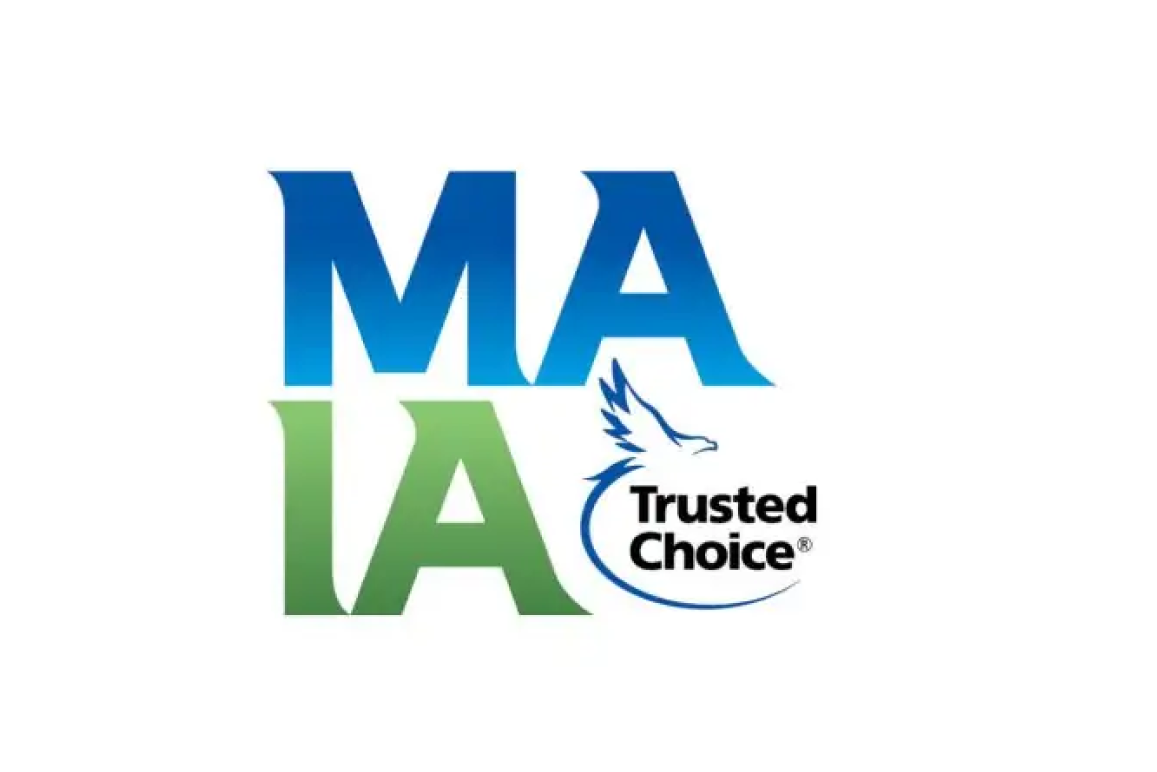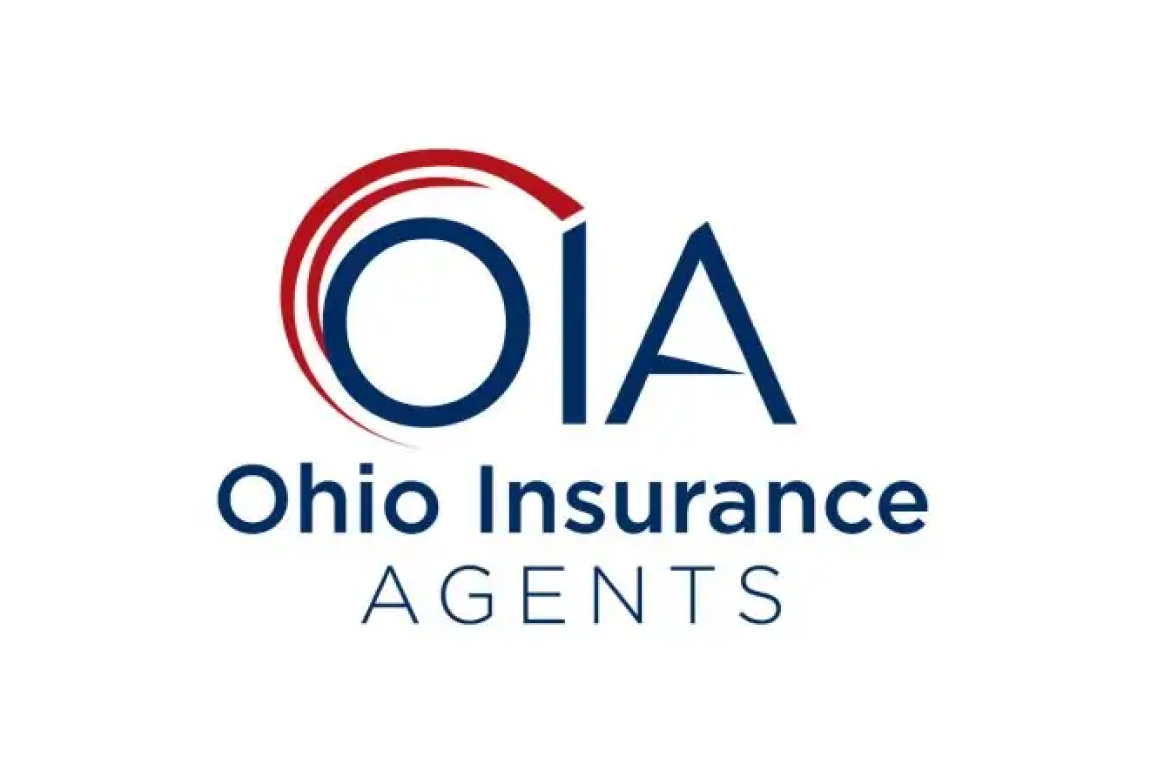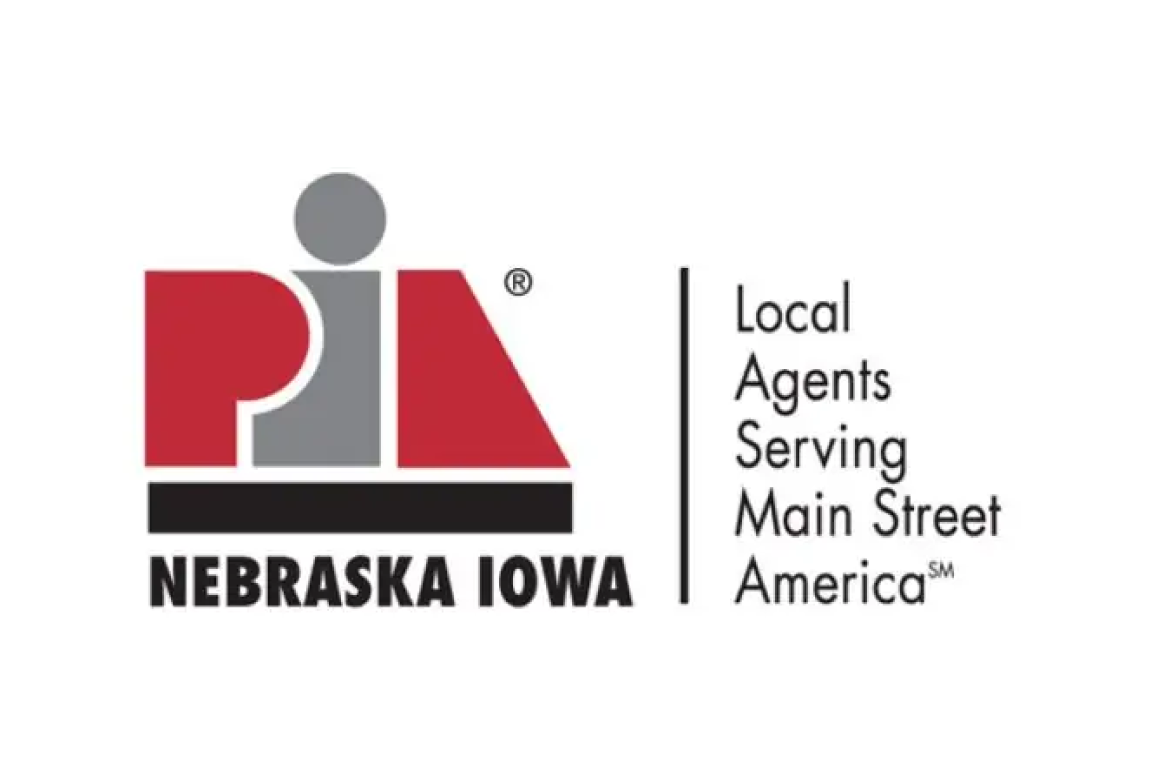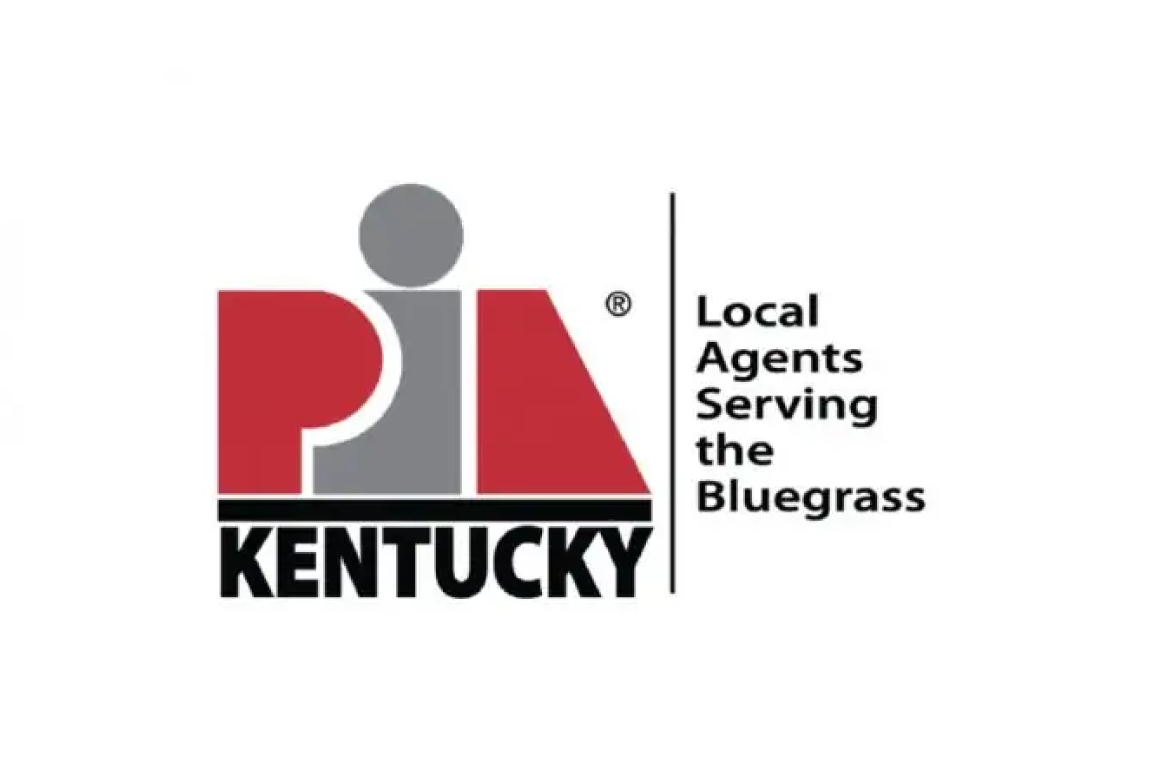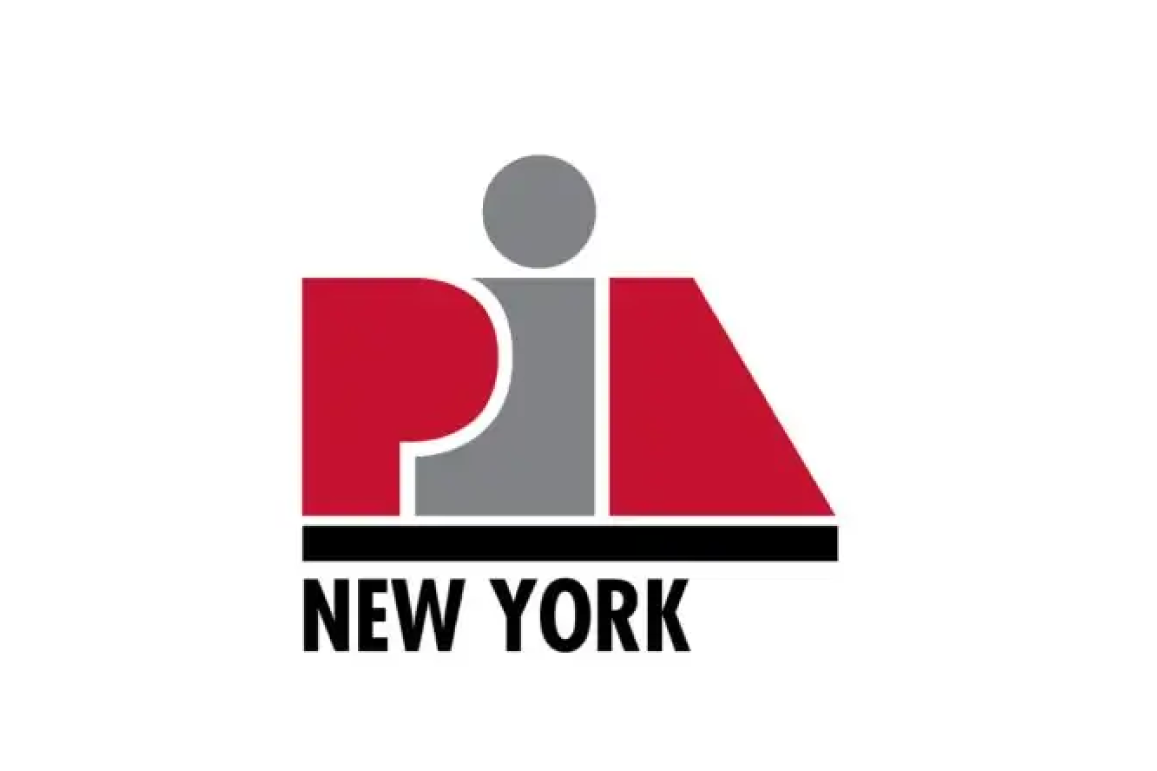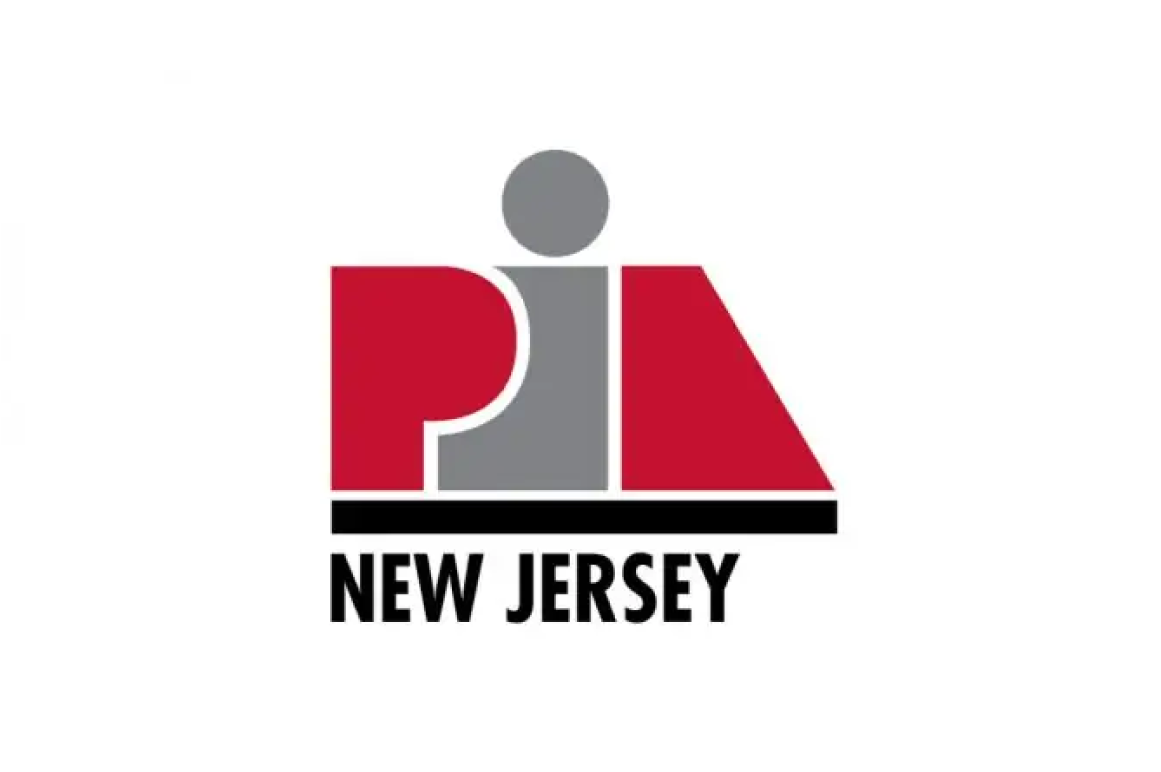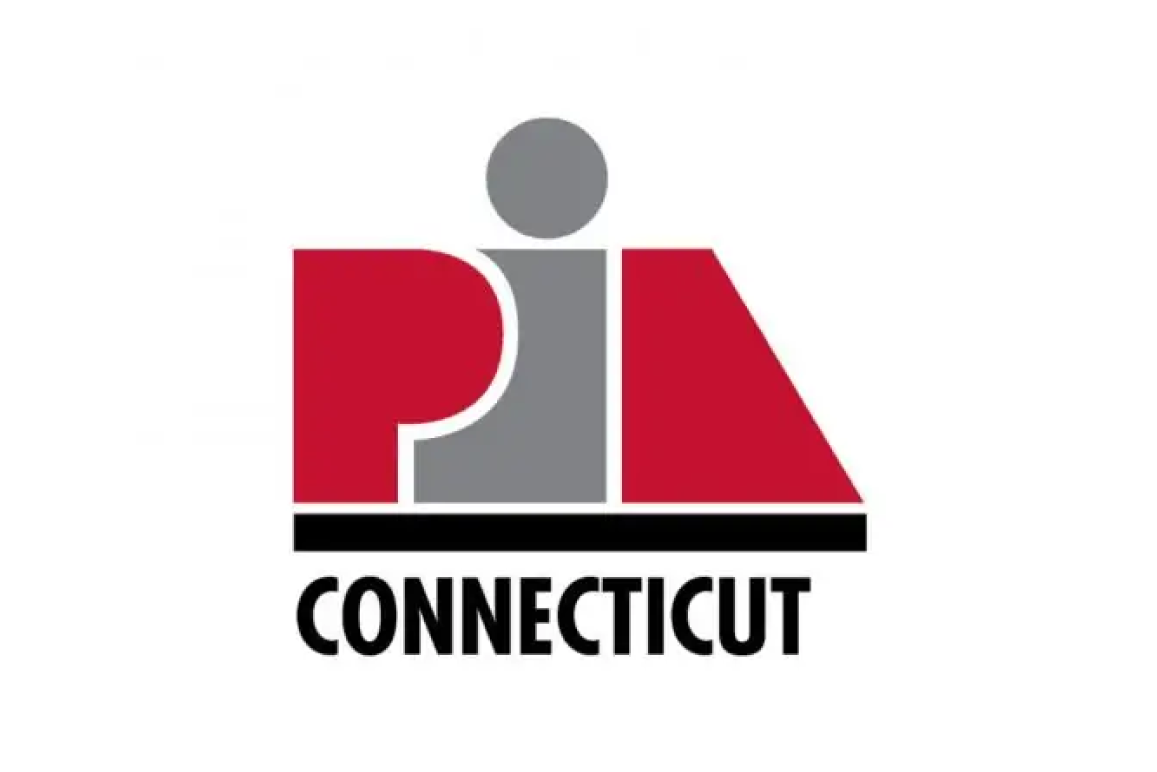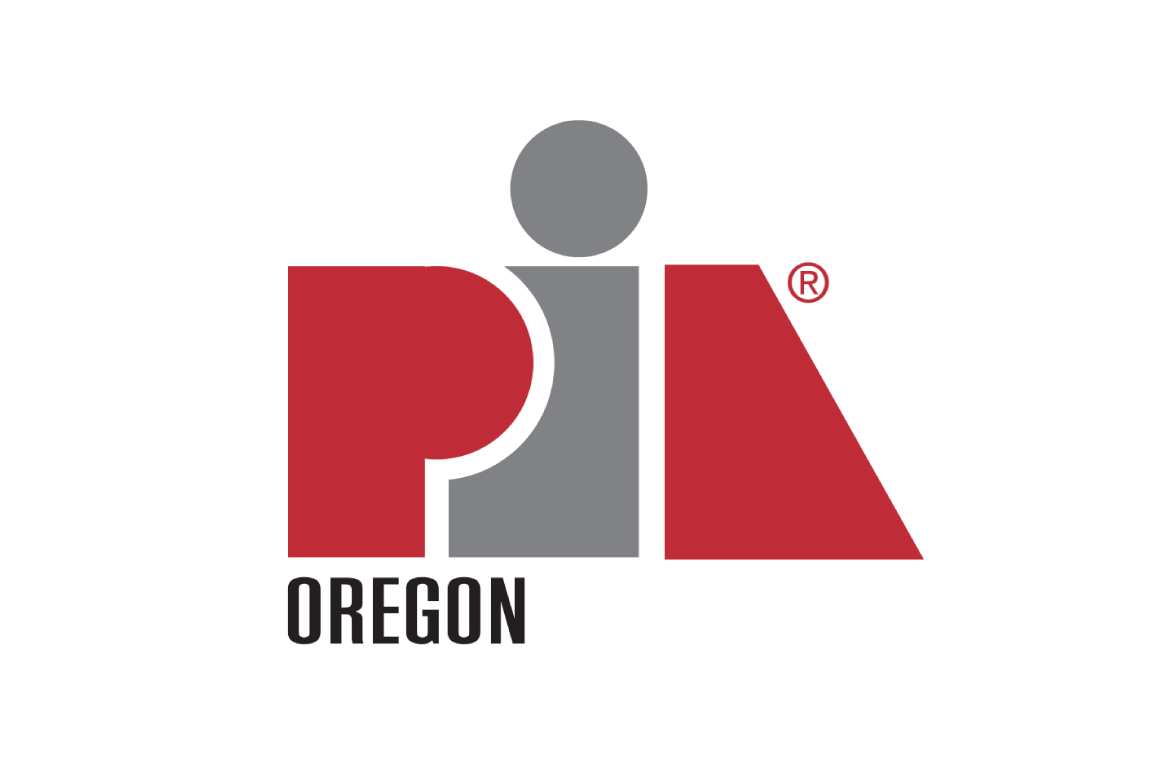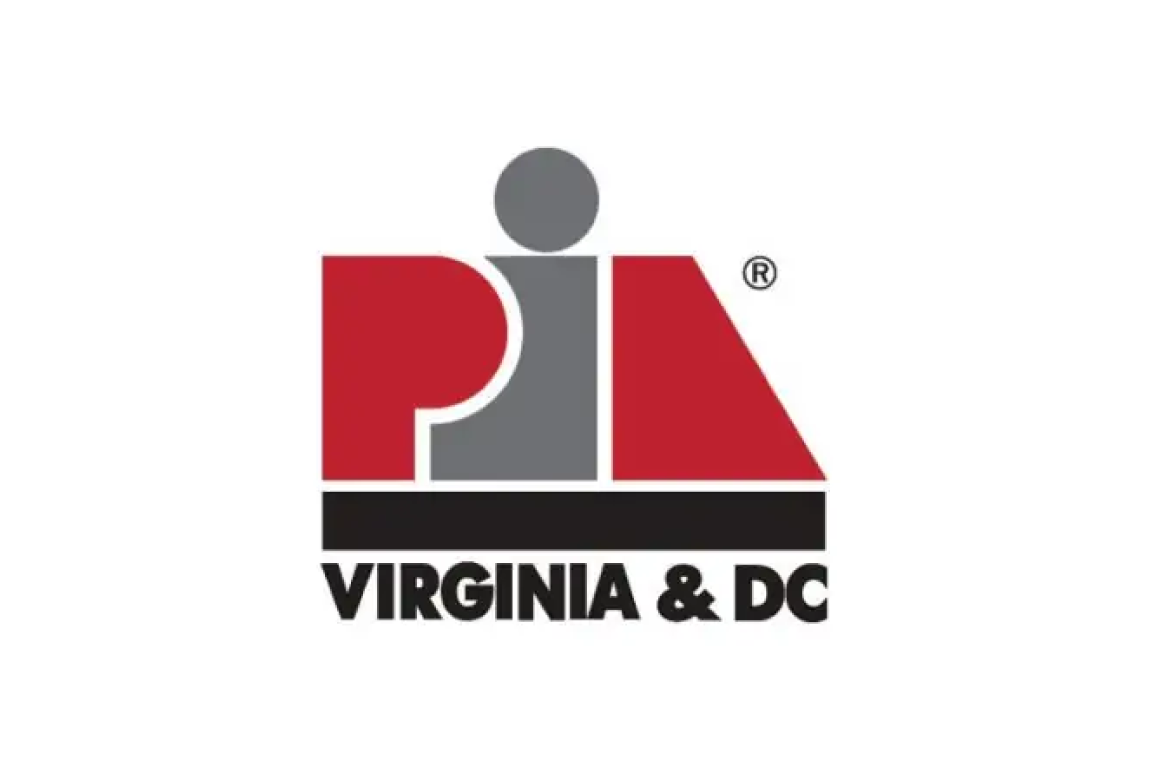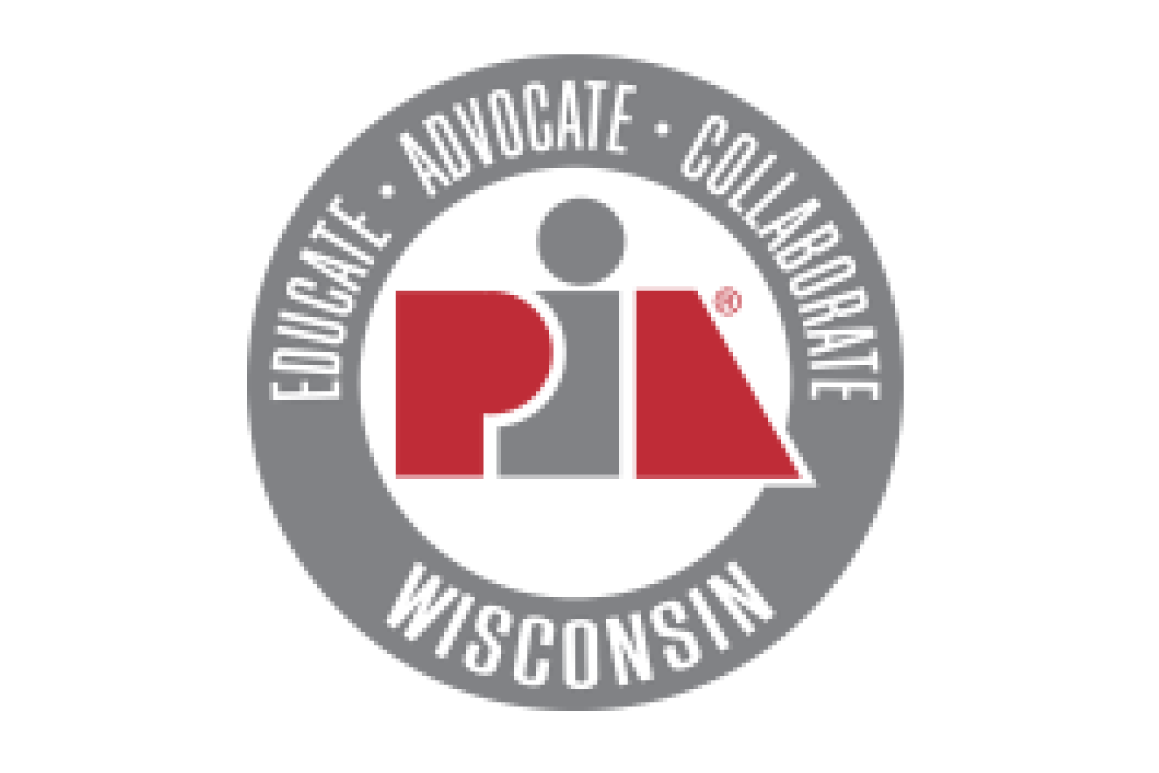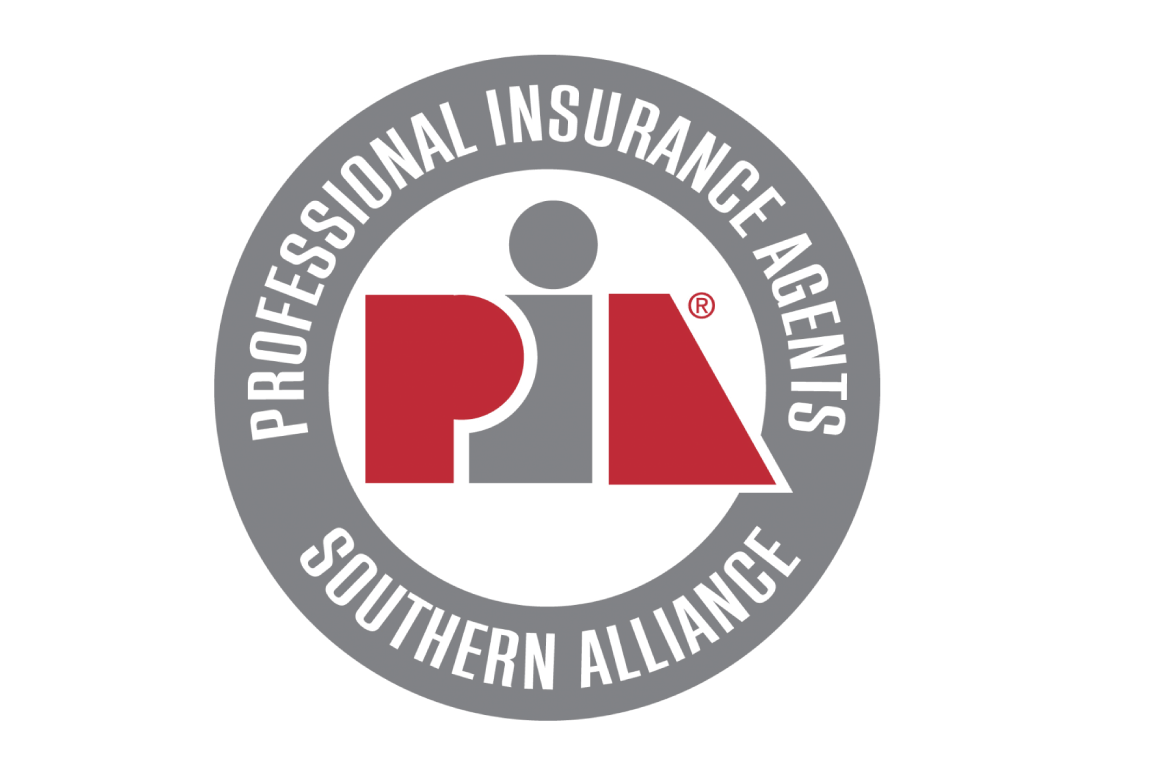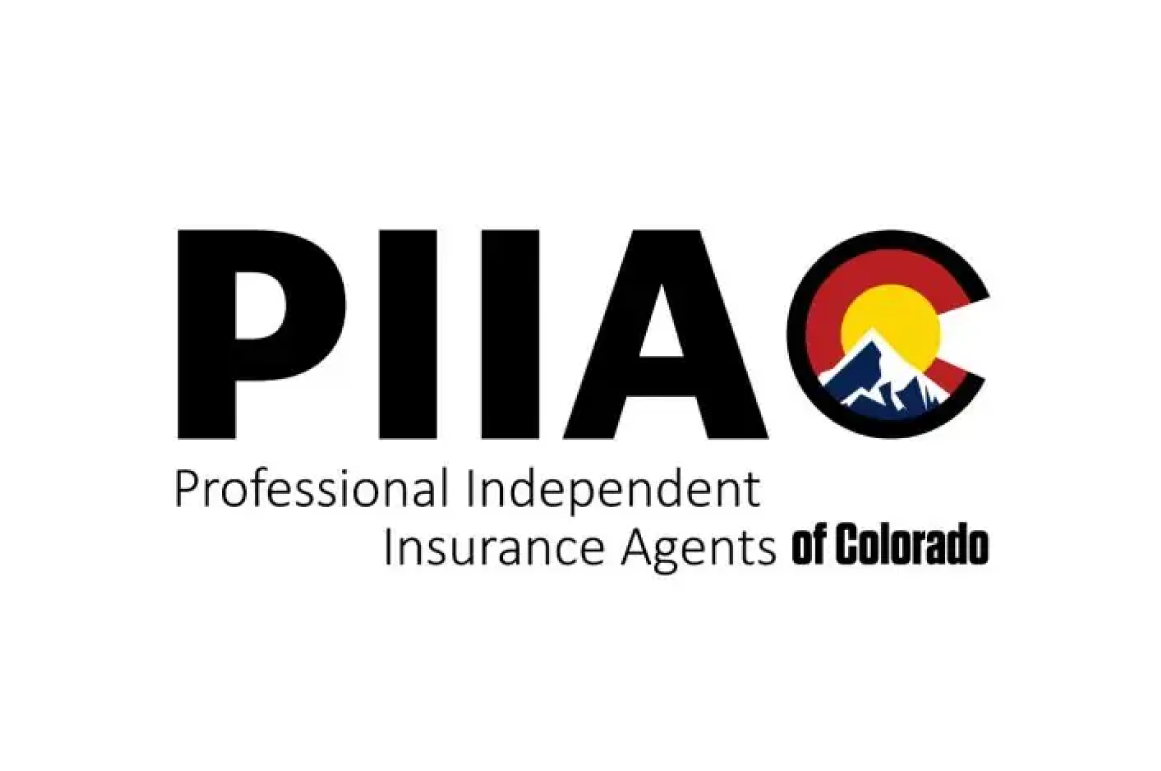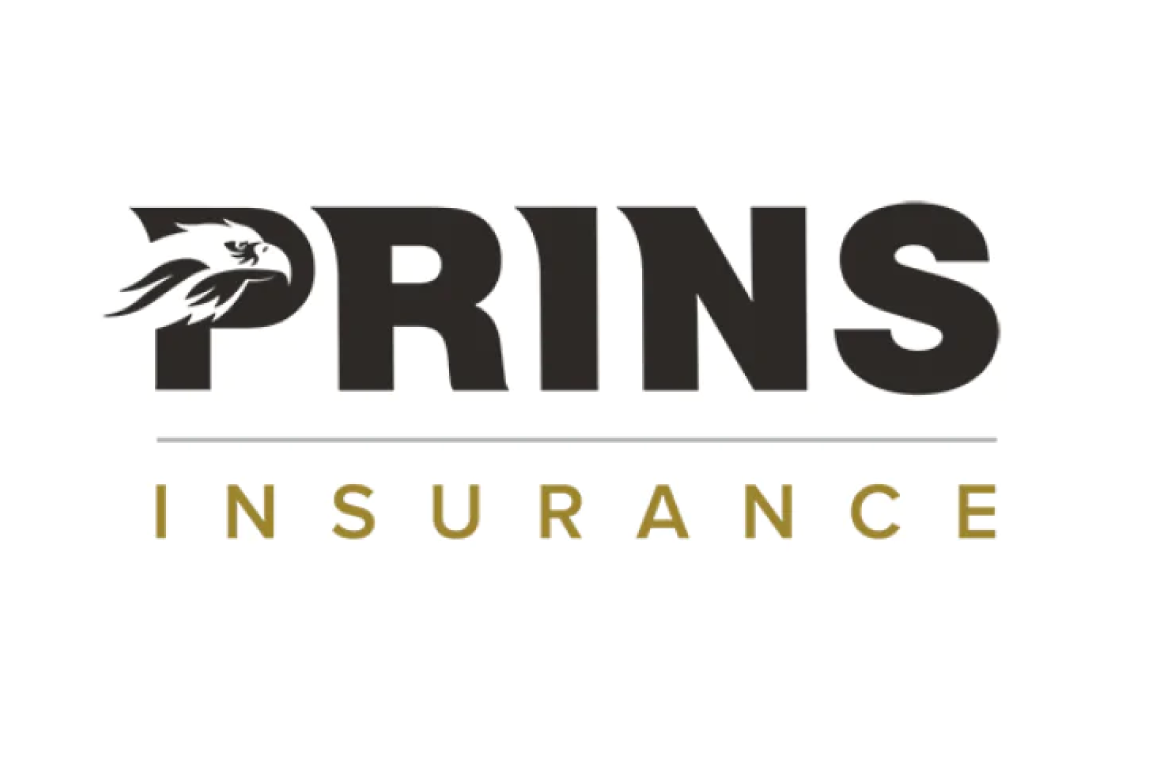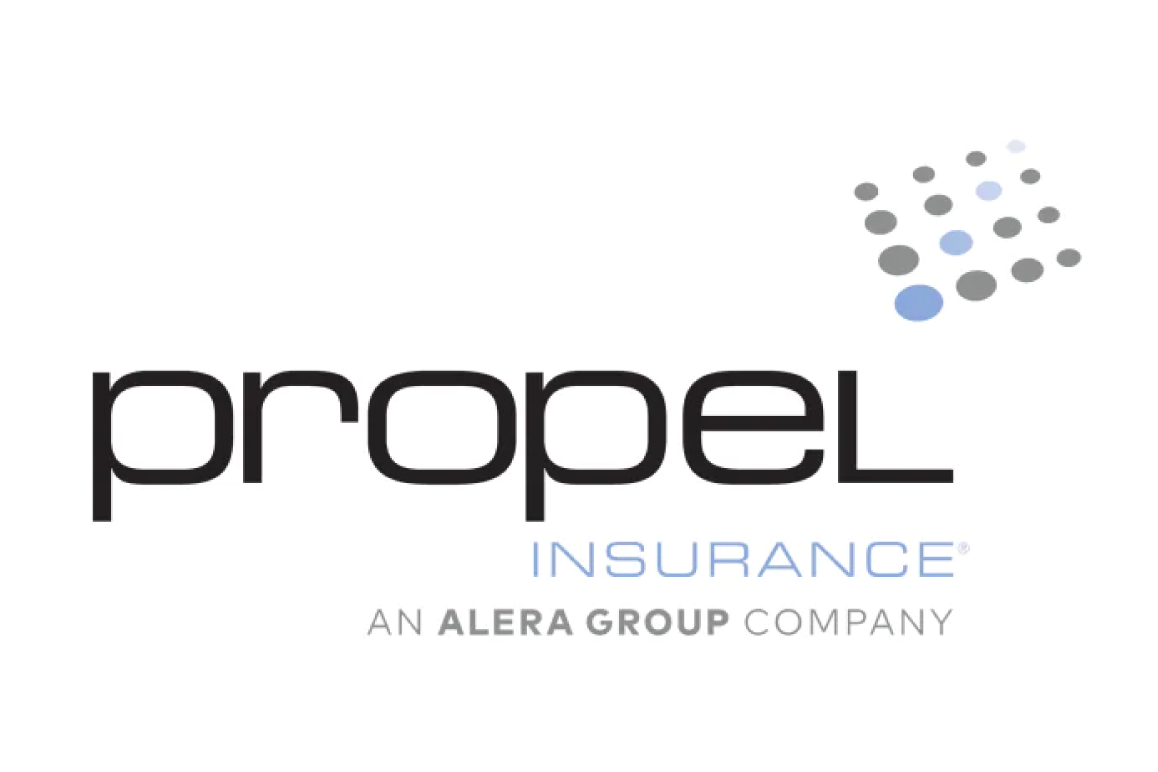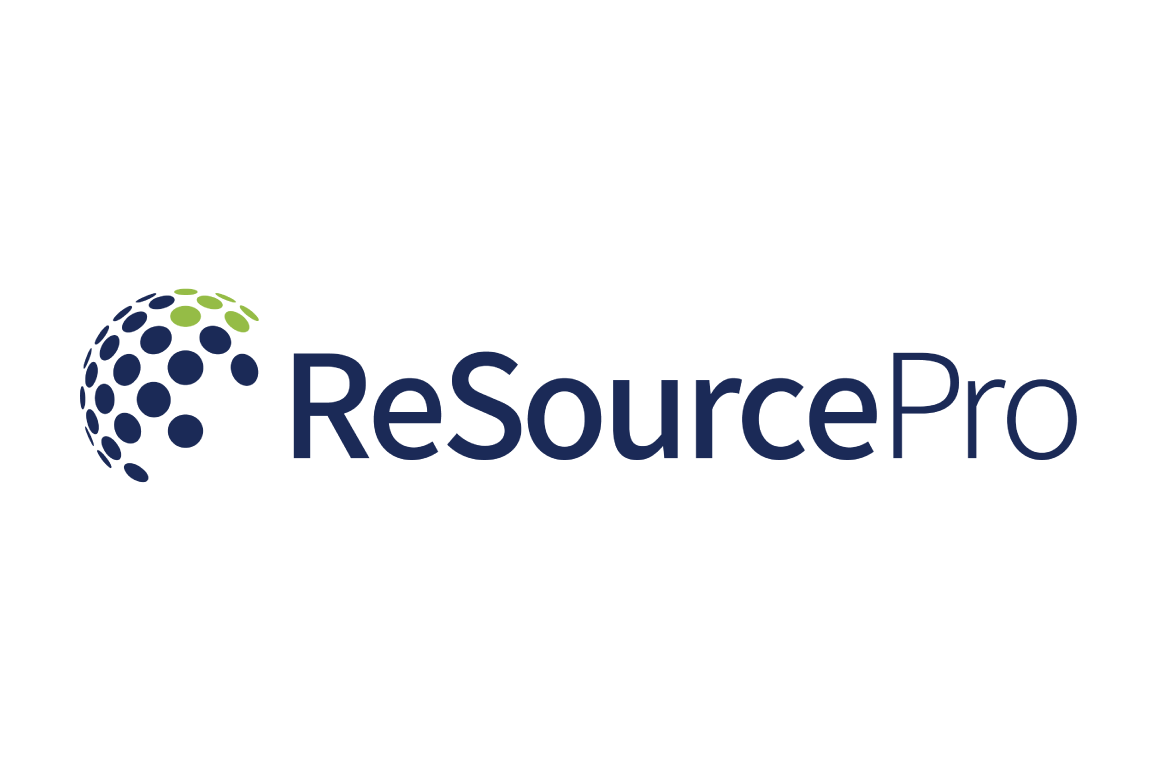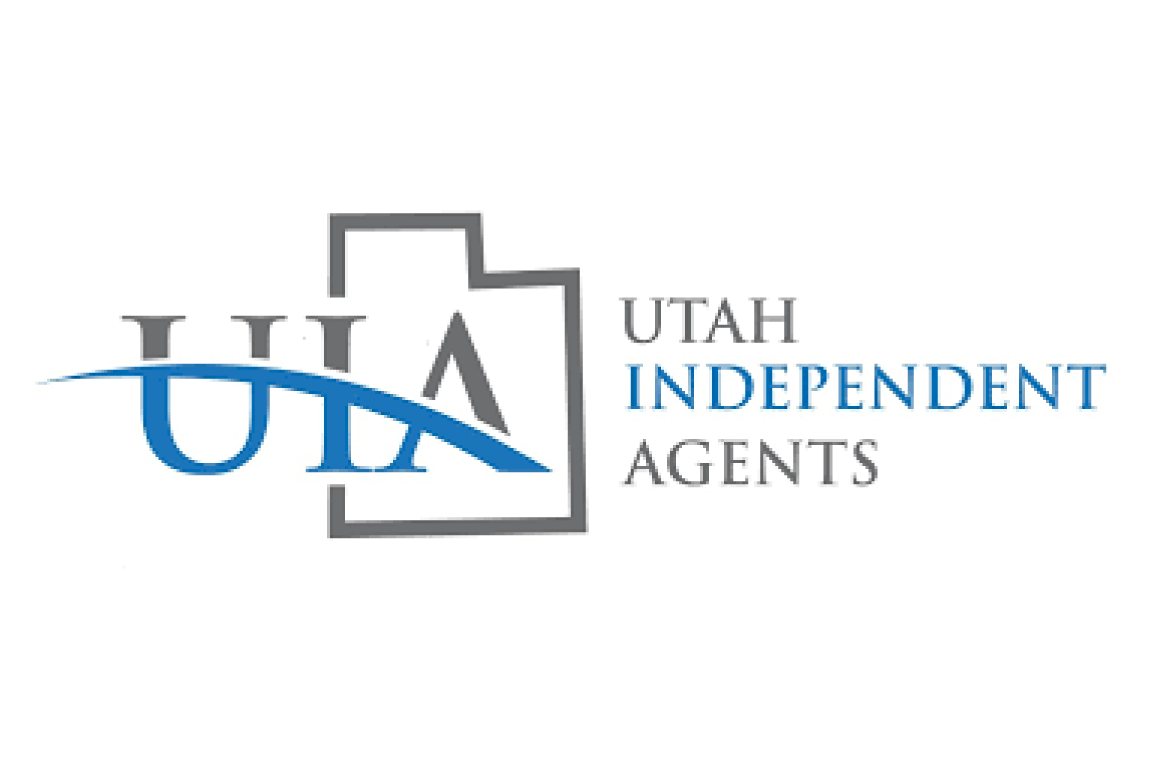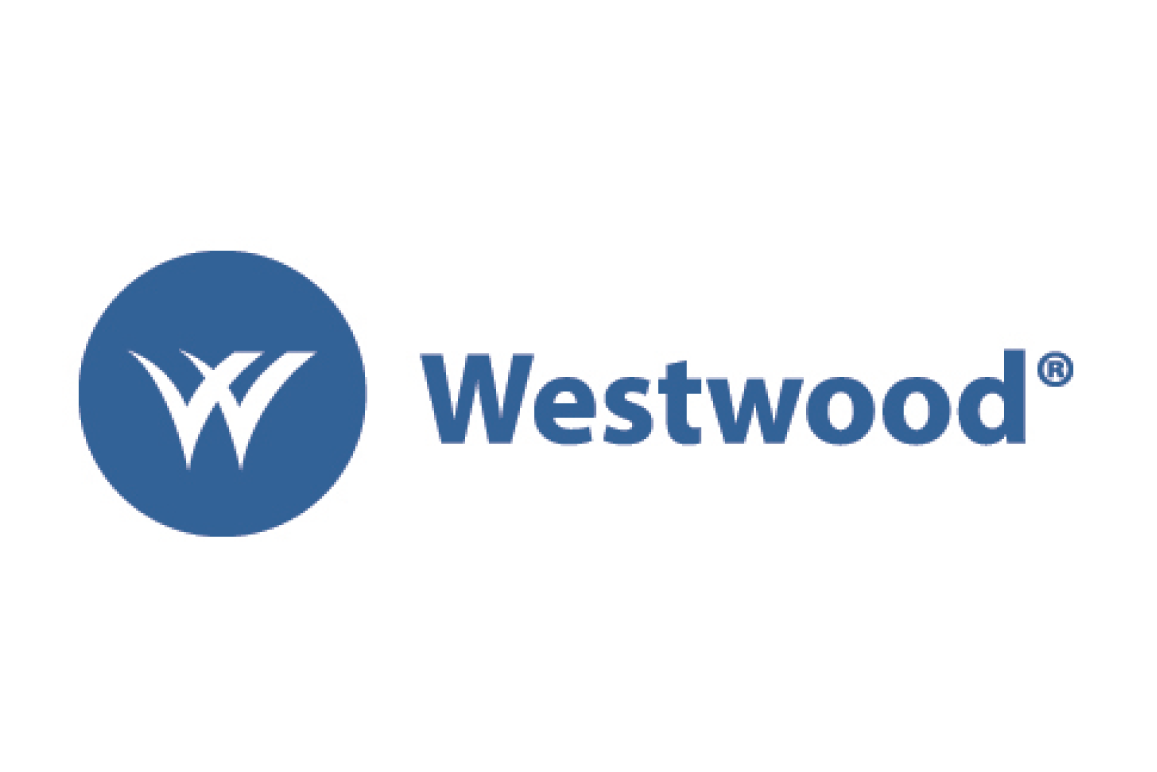In the dynamic world of insurance, insurance professionals play a vital role in helping clients minimize financial losses by predicting, preparing for, and mitigating risks successfully. To navigate this landscape, professionals must grasp the foundational terminology and concepts of risk management. Understanding these 11 essential insurance & risk management terms, taken from our popular CISR Elements of Risk Management Course, helps you build a solid foundation for effective communication about risk management.
Many of these terms are used throughout the insurance industry, but the definitions here are from the risk manager’s perspective.
Term 1.) Loss is a reduction in the value of assets.
Mr. Adams Suffers a Loss
Mr. Adams works for a hardware distributor. He uses a company truck to deliver hardware orders to remote parts of his state. Last winter, while returning from making a delivery, Mr. Adams’ truck slid on a stretch of black ice and slammed forcefully into a road barrier. A towing service was called to remove the truck, and emergency service providers took Mr. Adams to the nearest hospital where X-rays revealed a broken tibia in his left leg.
What kinds of losses have occurred?
Injury to Mr. Adams and physical property damage to the truck and the road barrier definitely occurred. It is also possible that because Mr. Adams can’t make deliveries, the company’s revenue was reduced and/or they had to hire a temporary or replacement driver at an additional expense.
Term 2.) Exposure is an activity or an asset.
A property example:
A building is an asset that presents various exposures for the building’s owner like damage from fire or windstorm. If the building is a restaurant, what additional types of exposures might there be? While food poisoning of customers may immediately come to mind, kitchen injuries to employees are common. So are slip and fall injuries to both customers and employees when food or liquids spilled on the floor are not cleaned up properly.
Term 3.) Peril is the cause of a loss.
Term 4.) Hazard is a condition or circumstance that makes a loss from a given peril more likely or more severe.
Term 5.) Incident is an unplanned event that may lead to a loss or a claim.
Term 6.) Accident is an unplanned event, definite as to time and place, that gives rise to a loss.
Term 7.) Occurrence is an accident without the time constraint; it occurs over time.
Term 8.) Claim is a demand for payment or an obligation to pay as the result of a loss.
Term 9.) Frequency is the number of incidents, accidents, occurrences, or claims in a given time period.
Term 10.) Severity is the dollar amount of a single loss or the total value of all losses in a given time period.
In Insurance:
For an insurance company, the total dollar amount of homeowners’ insurance claims in a calendar year is an example of severity, while the total number of homeowners’ claims is an example of frequency.
Term 11.) Expected Losses are a prediction of the frequency and severity of losses based upon loss history, distributions, and statistics.
Check Your Knowledge
Are these statements true or false?
- A hazard is a cause of loss.
- A situation, behavior, or condition that may lead to adverse financial consequences is an exposure.
- A cyberattack is an example of an exposure.
- A spill on a supermarket aisle is an example of a hazard because it increases the likelihood that someone will fall.
- An incident is an accident with the time limitation removed
Answer Key= (1=F) (2=T) (3=F) (4=T) (5=F)
As you navigate the risk and insurance industry, this solid foundation in risk management terminology will help you communicate more effectively and facilitate informed decision-making. To further refine your risk management skills, consider exploring our comprehensive courses tailored for insurance professionals. Register now and unlock your potential in the ever-evolving world of risk and insurance.
